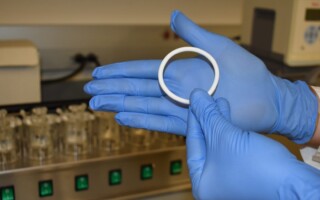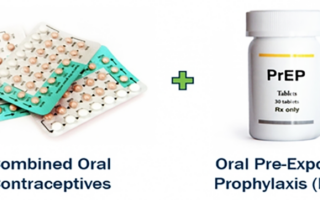
Multiple sclerosis (MS) is a chronic, inflammatory, and demyelinating disease of the central nervous system that can lead to increased disability over time. MS affects 2.5–3 million people worldwide.
Relapsing-remitting MS (RMMS) is the most common type of the disease affecting three times as many women as men. It is characterized by periodic relapses with neurologic symptoms, which may improve with treatment, followed by intervals of remission.
While the body attempts to replace damaged myelin, this process is impaired over time. Disease-modifying therapies are the current standard of care and can decrease the frequency of relapses and disability, but these therapies cannot repair damaged myelin.
Research indicates a protective role of female sex hormones in MS. During pregnancy, as estrogen and progesterone levels rise, relapse rates decline, especially in the third trimester. Then, in the first 3 months postpartum, as hormone levels fall, relapse rates increase.
Building on this finding, scientists at the Population Council’s Center for Biomedical Research are investigating whether Nestorone®, a potent progestin and the active pharmaceutical ingredient in our one-year vaginal contraceptive system, can help patients with MS. Together with leading university laboratories, they have demonstrated the potential of Nestorone to induce remyelination in animal models.
Nestorone will be tested in clinical trials to evaluate its safety and efficacy in patients with relapsing-remitting MS. If proven safe and effective, this approach using Nestorone could lead to a new treatment to delay, prevent, or reverse disability associated with multiple sclerosis.




